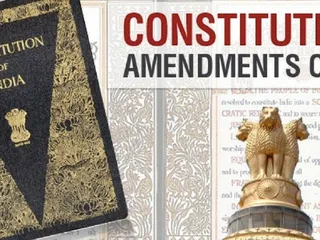Constitutional provisions are the specific clauses and articles within a constitution that outline the framework of a government, define citizens' rights and responsibilities, and establish the rules by which the government operates. Understanding these provisions is crucial for informed citizenship and participation in democratic processes.
Key Aspects of Constitutional Provisions
- Fundamental Rights: These provisions guarantee basic freedoms and protections to citizens, such as freedom of speech, religion, assembly, and due process.
- Structure of Government: Constitutions define the branches of government (legislative, executive, judicial), their powers, and their relationships (e.g., separation of powers, checks and balances).
- Amendment Process: This outlines the procedures for modifying or adding to the constitution.
- Citizenship and Voting Rights: Provisions define citizenship and outline voting rights and procedures.
- Federalism (if applicable): In federal systems, provisions delineate the powers and responsibilities of national and sub-national governments.
Examples of Constitutional Provisions
The specific provisions vary widely across countries. However, many share common themes. For example, the US Constitution includes provisions guaranteeing fundamental rights in the Bill of Rights (Amendments 1-10) and outlining the structure of the federal government. Other countries have their own unique sets of constitutional provisions reflecting their history and political systems.
Further Research
For more detailed information on specific constitutional provisions, you can consult legal databases, scholarly articles, and government websites. The Cornell Law School's Legal Information Institute is a valuable resource for legal research.












 (24)jpeg-1722421859875.jpeg.webp)
















